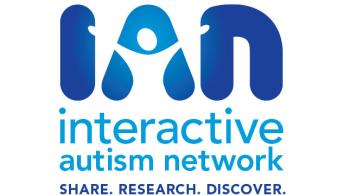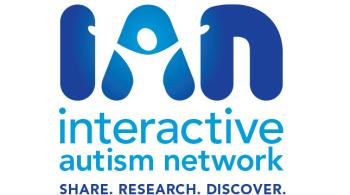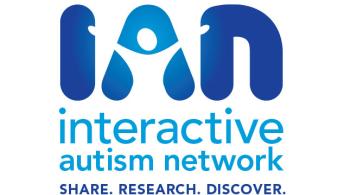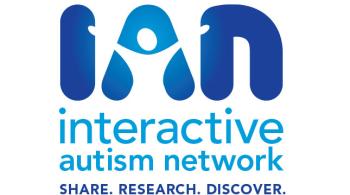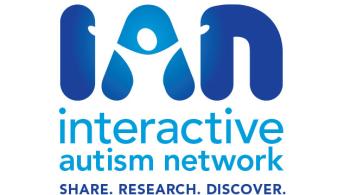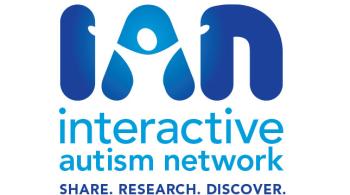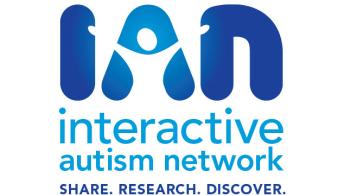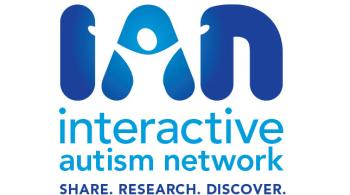What happens when someone with autism spectrum disorder (ASD) leaves school and makes the transition to adult services, college, work, job training, or a new living situation? What does research say about the issues that affect adults with ASD and their families? See the following links for these and other topics.
Beyond High School: The Transition
Coming of Age: Autism and The Transition to Adulthood
The road to adulthood officially begins for many teens when they graduate. But for people with autism, leaving high school is a more monumental step, one that will transform their relationship to services and supports.
Daily Living Skills: A Key to Independence for People with Autism.
A "surprising" number of teens with autism struggle with daily living skills — hygiene, riding a bus, shopping or preparing a meal — regardless of intelligence. Experts say it's important to focus on teaching such skills as a key to independence.
Video on Autism and Skills For Adulthood
In this video, Dr. Peter Gerhardt discusses the adaptive skills that teens and young adults with autism spectrum disorder need to acquire to help them lead safe, productive, and fulfilling adult lives. These skills include safety, hygiene, employment, social competence, decision-making, self-management, leisure, and communication.
Autism in the Teen Years: What to Expect, How to Help
What parent doesn't watch their "tween" become a teen without a twinge of anxiety? Factor autism into the equation, and parents may well wonder how the physical and hormonal changes of adolescence will affect their child on the spectrum. Find out what researchers and experts say about autism during the teen years.
Deciding When to Disclose
High functioning adults who do not show very obvious signs of having an ASD often face a decision: when and if to disclose their ASD at school, work, or in relationships. Read about factors to consider when making disclosure decisions.
Rules of the Road: Driving and ASD
The young person with high-functioning ASD faces all of the same challenges as anyone else getting behind the wheel of a car for the first time. Plus, autism may pose additional challenges, such as attentional difficulties and anxiety. Read about the experiences of drivers and research into how to support their efforts.
Jobs and Housing For Adults With ASD
To Tell or Not to Tell: Disclosing a Disability in the Workplace
You have autism. Should you tell an employer?
Employment and ASD: Preparing for the World of Work
In this video, Ernst VanBergeijk, PhD, MSW, discusses job trends for people with autism, skills that help individuals get and keep jobs, and how employers and co-workers can create an autism-friendly workplace.
Rocky Road: The Career Paths of People with Autism and Their Parents
What happens to your career when you or your child has autism? Find out what research says about the effect of autism on job histories – and how some parents and adults with ASD have responded to the challenge.
Health Care for Adults With Autism
The Challenge: Finding Health Care Providers for Adults with Autism
Are internists, psychiatrists and other health care providers who treat adults ready for new patients with autism?
Leaving the Pediatrician: Charting the Medical Transition of Youth with Autism
Few teens with autism are prepared for a vital transition, that from pediatric doctors to providers who treat adults. A smooth transition is crucial because adults with autism have more medical and psychiatric problems than other people. Find out what you can do.
Family and Personal Relationships
Romantic Relationships for Young Adults with Asperger's Syndrome and High-Functioning Autism
Despite the social struggles experienced by many people with high-functioning autism or Asperger's syndrome, some adults are able to develop intimate personal relationships. Read more in this article by Tony Attwood.
Autism in Middle Age and Beyond
Very Late Diagnosis of Asperger's Syndrome
Simon Baron-Cohen and colleagues at the Autism Research Centre discuss those with Asperger's who grew up before the diagnosis existed. They describe a program designed to help diagnose and assist these adults.
Research on Adults With Autism
What Do We Really Know About Autism and Crime?
News reports have highlighted high-profile crimes allegedly committed by people with autism spectrum disorder in recent years. But media speculation aside, what do we really know about autism and violent crime?
The 'C' Word: Common Cause in Spite of Conflicting Perspectives
Connie Anderson, PhD, explores cure as hope, as answer, and as healing...and cure as hurtful condemnation of a different way of being and thinking. However, what may be most useful is not to let the c-word get in the way of what everyone wants: a greatly improved situation for individuals with ASD.
RESOURCES FOR ADULTS WITH ASD
- Autism Now has resources and information for individuals with autism, other developmental disabilities, and their families. A national initiative of The Arc.
- Autism Speaks Transition Tool Kit provides information about the transition to adulthood for individuals with ASD. In addition to the development of self-advocacy skills, the kit covers the topics of community life, housing, health, sexuality, internet safety, employment, and post-secondary educational opportunities.
- A Guide for Transition to Adulthood, which is part of the Life Journey Through Autism series by the Organization for Autism Research (OAR), is a comprehensive resource to aid in transition planning for individuals with ASD.
- Students with Disabilities Preparing for Postsecondary Education: Know Your Rights and Responsibilities is from the Office of Civil Rights, U.S. Department of Education.
- What Can You Do? is the website for the Campaign for Disability Employment.
- Understanding Asperger Syndrome: A Professor's Guide is a video produced by the Organization for Autism Research (OAR) that focuses on educating professors, teaching assistants, and others on what it means to be a college student on the spectrum and how they might best be able to help them succeed.



